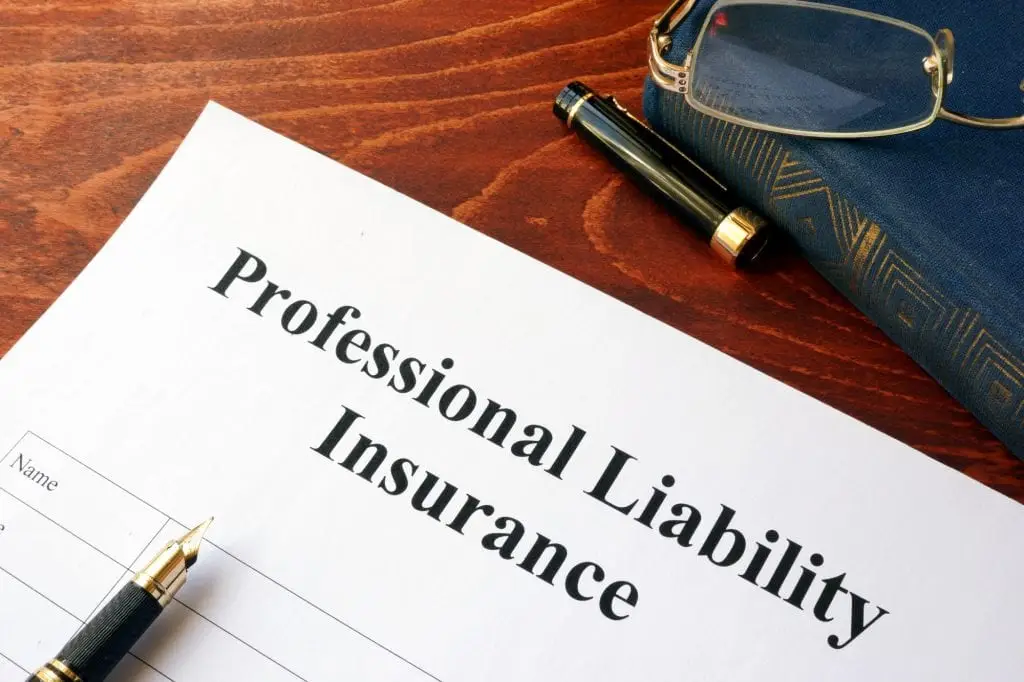If you own a contractor, manufacturer, or retail business, you run the risk that a client, customer, or competitor could sue you. If you aren’t protected by good general liability insurance, that lawsuit could get expensive, quickly.
There are many ways that your business could end up in a lawsuit. From personal injury to reputational harm to property damage and more, covering your bases with good insurance will save your business if things go wrong.
Insurance policies are often complicated to understand. How do you know if you’re really covered in the event that someone sues you?
Well, we want to help you make sure you have a cover. So, we’ve put together a list of eight things that you should have in your general liability insurance. Read on to make sure your policy includes the essentials!
1. Products and Completed Operations
If you are a contractor, a manufacturer, or a retailer, you need to make sure your general liability insurance covers products and completed operations. Completed operations are services provided by a contractor. Products are items that create manufacturers and retailers sell them.
General liability insurance will protect you if you get sued. For example, if you are a contractor and you fix someone’s roof but then later the roof leaks you could be sued because your work didn’t prevent the water damage. Or, if you are a manufacturer or retailer and the roof shingles you make or sell don’t work properly, you could be sued because your product didn’t work properly.
2. Personal and Advertising Injury
This element of general liability insurance protects you from lawsuits related to personal injury or advertising injury. Personal injury covers the invasion of privacy, defamation of character, slander, and libel. Advertising injury covers false claims in advertising.
It is important to make sure you have this element in your insurance so that you have protection against lawsuits against your business involving one or more of the above items. Essentially, personal and advertising injury is all about non-physical “injuries”. These kinds of lawsuits can be complicated and costly, so it’s worth making sure you are covered for personal and advertising injury.
3. Fire Damage
Make sure fire damage coverage is a separate clause in your insurance. You want it spelled out because fire damage can be so costly to a business.
Fire damage coverage pertains to any buildings that you own or rent. Accidental fire damage to any such building will be covered if your general liability insurance has this clause.
4. Medical Payments
Having a medical payment aspect to your general liability insurance will ensure you are covered in the event that you have to pay for medical treatment for people who are not part of your business. For example, if you have a client or customer visit your workshop or store and they get hurt, you will be covered.
Medical payment insurance kicks in regardless of whether you or your business is at fault for the injury. This means it’s well worth making sure it’s on your policy.
Depending on the exact nature of your policy, you can also make sure you are covered if one of your employees gets hurt at work, too.
5. Property Damage
Including property damage as part of your general liability insurance policy is especially smart if you are a contractor. This insurance will cover you if you accidentally damage your client’s property while working.
If you damage someone’s property and have to put a claim in, your insurance will provide funds to fix or replace the damaged items. For contractors who work on roofs, windows, or other easily breakable things, this insurance is extra important.
6. Reputational Harm
Some policies will offer a separate reputational harm clause. This has similarities to both the personal and advertising injury clause. It almost always refers to something you may say about a competitor. For example, if you claim that your product or service is better than your competition and make a false claim that damages their reputation, they can sue you.
If you have a reputational risk or harm element to your insurance, you will be better protected from any lawsuit that comes your way. Any lawsuit that comes your way will protect you.
7. Copyright Infringement
Copyright law is incredibly complicated. If you use words or other content that they have produced to help boost your business, Other companies may sue you. This kind of insurance is becoming more important as more businesses invest in a wider internet presence.
If your website or social media takes written, audio, or visual material from another source and doesn’t give credit to that source, The company that created the original content may sue your business.
If you do use a lot of content to promote your business. Make sure you check that your general liability insurance has a copyright infringement clause in it.
8. Each Occurrence Limits
Finally, make sure you are aware of the stipulations about each occurrence of a claim. Then you make on your general liability insurance. Your insurance will include limits to how much can be paid out for each claim occurrence. Which make for any different type of claim.
If you’re not aware of these limits you could find yourself in an expensive situation because you have maxed out what you can claim.
Make Sure You Know What You’re Getting With Your General Liability Insurance
As you can see from above, it’s important you know what your general liability insurance covers. Make sure your policy includes the seven items listed above specifically.
Since it’s a business, having adequate insurance to protect you against liability and lawsuits is a necessity. You can’t control everything that happens with outside parties so you need to protect yourself as much as you can.
Get in touch with us today to discuss your insurance needs.

